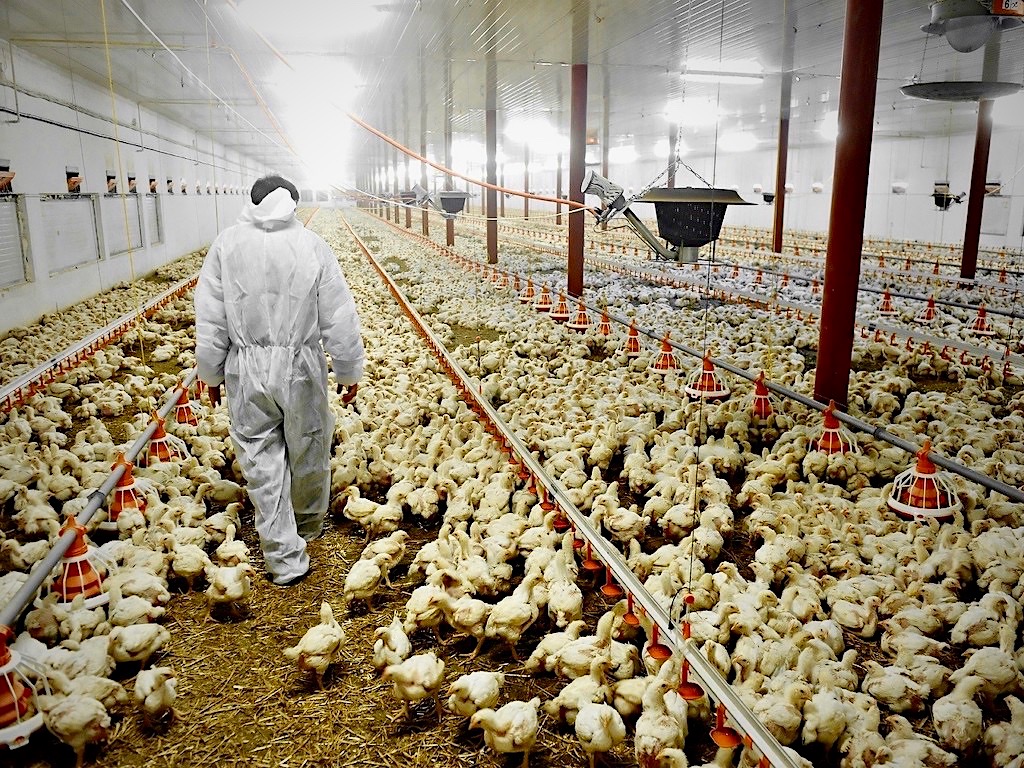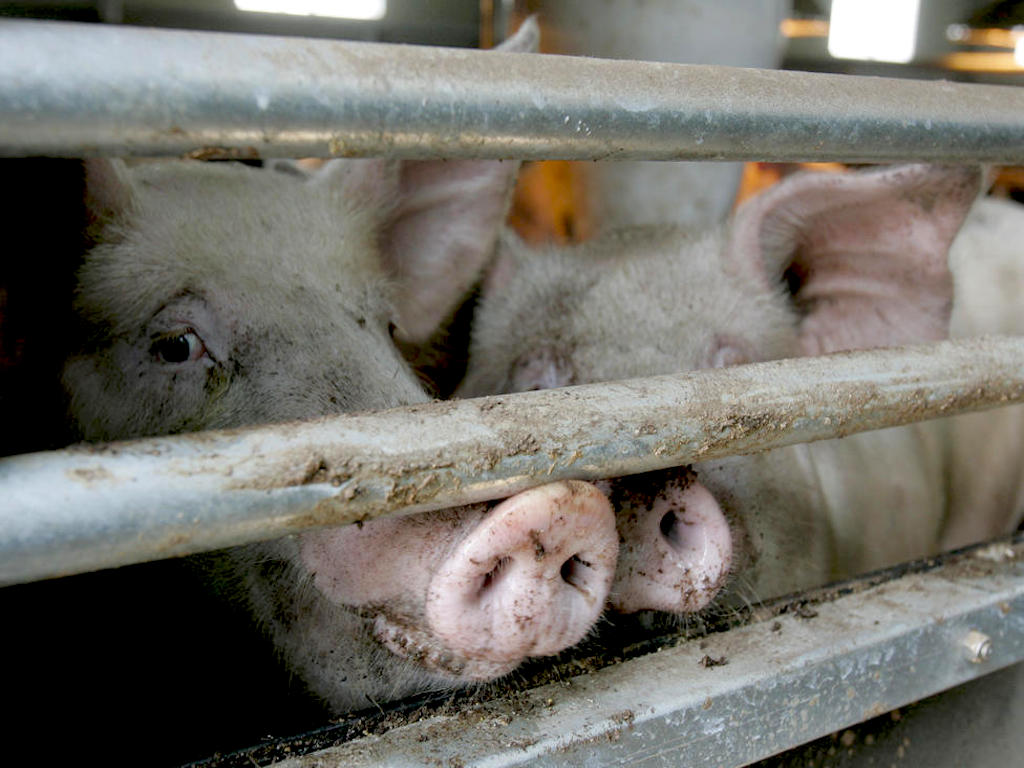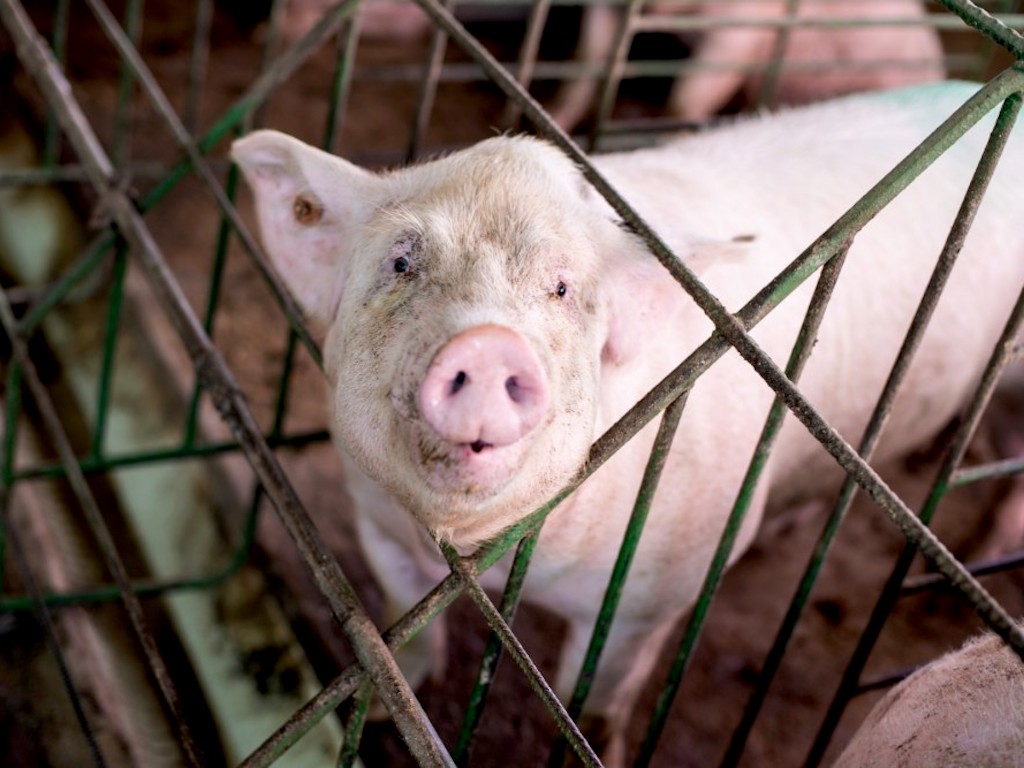4 Mins Read
In a new report by the United Nations, rising consumption of animal protein and unsustainable agricultural intensification as a result of demand for animal-based foods were listed among the seven major causes of zoonotic disease emergence. As the world continues to battle the coronavirus pandemic, the report warns that governments must take heed and implement active measures to prevent further outbreaks.
Released on Monday (July 6), the new report, Preventing the Next Pandemic: Zoonotic diseases and how to break the chain of transmission, warns that future outbreaks of disease will continue to emerge unless governments take urgent preventative action. As the current coronavirus pandemic continues to ravage economies, disrupt daily activities and has taken over half a million lives, it has become more apparent than ever before that the world cannot afford another pandemic crisis.
The assessment, which was jointly conducted by the United Nations Environment Programme (UNEP) and the International Livestock Research Institute (ILRI), examines the top seven anthropogenic drivers of emerging zoonotic diseases – viruses that jump from animal hosts to the human population.
Among the first two listed causes of the rising frequency of zoonotic diseases, say the experts, are the increased demand for animal protein, which is fuelling intense and unsustainable livestock farming that degrades our natural environment. It also lists wildlife exploitation, resource extraction and climate change as key factors leading to the risk of more public health threats.

Southeast Asia saw the fastest rise in meat consumption over the past four decades, with the share of the region’s daily food supply of proteins from animal products doubling to 21%. With almost every region in the world also recording increases in animal protein intake, meat production has grown 260% percent globally.
This very demand has stimulated the industrialisation of livestock farming, with animals kept in close proximity to each other in unsanitary conditions, making it the perfect breeding ground for infection, not to mention the industry’s enormous carbon footprint and land use that drives other major causes of emerging diseases – climate change and resource extraction.
“The science is clear that if we keep exploiting wildlife and destroying our ecosystems, then we can expect to see a steady stream of these diseases jumping from animals to humans in the years ahead,” said UNEP executive director Inger Andersen.
“To prevent future outbreaks, we must become much more deliberate about protecting our natural environment.”
Read: Preventing another pandemic – the link between coronavirus and livestock farming
Experts highlighted that Covid-19 is only the latest in the growing line of diseases we have seen in the past few years whose spread from animals to humans have been exacerbated due to the seven drivers listed in the report, such as Ebola, MERS, SARS, West Nile fever and Rift Valley fever. To date, 60% of all the 1,400 microbes known to infect humans have originated from animals. Most recently, scientists have identified a new strain of swine flu that is alarmingly described to have “pandemic potential”.

In the last two decades alone, these zoonotic diseases have been responsible for economic losses of more than US$100 billion – a figure that does not even yet account for the current coronavirus pandemic, which is projected to lead to US$9 trillion in losses over the next few years.
The report’s authors say that governments now need to take a “One Health” approach, which involves measures that take into account public, environmental and animal health. Some of the practical steps include raising awareness and expanding research into zoonotic diseases, strengthening regulation of food systems, incentivising a transition away from animal-centric farming practices and supporting wildlife conservation.
These findings echo the conclusions made by several scientific papers that have recently been published. Last month, physicians from the U.S. and New Zealand said that the coronavirus shows humanity that unsustainable and dangerous factory farming must be phased out to prevent future pandemics.
It followed similar warnings by the world’s top wildlife experts, who pointed to livestock farming and the uncontrolled expansion of agriculture as key contributors to the destruction of nature, which has created the “perfect storm” spillover of zoonotic diseases.
Read our earlier news coverage of Covid-19 here.
Lead image courtesy of World Animal Protection.




